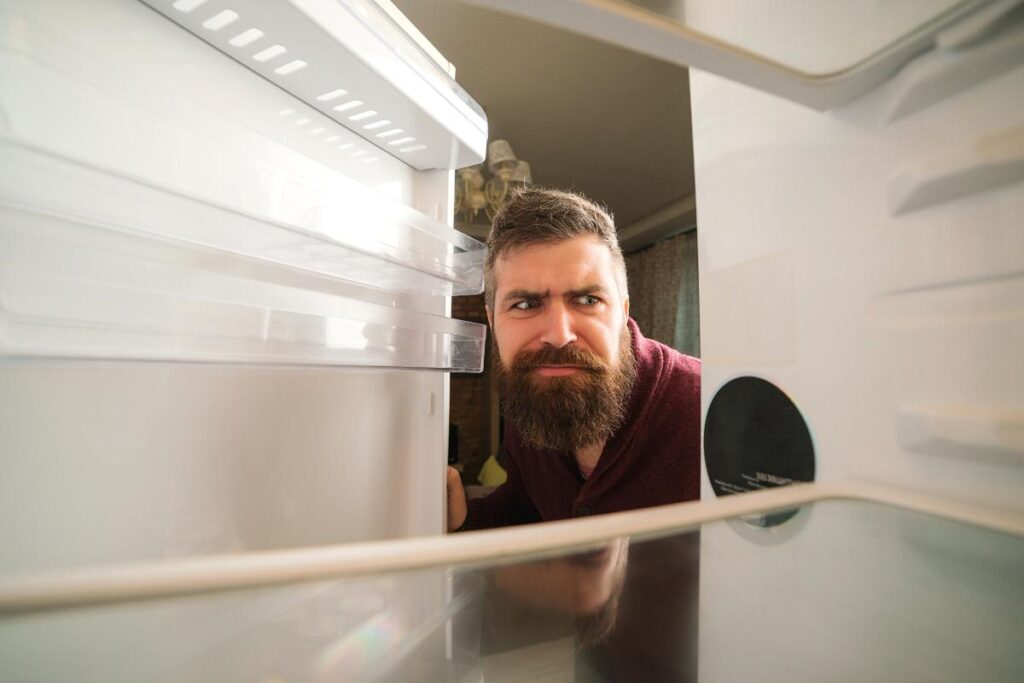As a leading substance abuse treatment center, our team of experienced and knowledgeable specialists at My 5 Palms in Ormond Beach, Florida, understands the many questions and concerns that can arise when dealing with addiction. One common question is, “Does marijuana make you hungry?” Contact our team online today or call 1.844.675.1022 to learn why weed makes you hungry and how our individualized treatment programs can help you or your loved one on their journey to recovery.
What to Know About Marijuana Abuse
Marijuana abuse is a significant issue that affects many individuals and communities worldwide. While some might perceive marijuana as harmless due to its legalization in certain regions, it’s essential to understand that misuse can lead to severe health and social problems.
When it comes to marijuana addiction, experts disagree on whether it’s a physical or psychological dependence. However, one thing they can all agree on is that marijuana use alters the body and brain’s natural functioning.
What Is Marijuana?
Marijuana, often called weed, is a psychoactive drug derived from the cannabis plant. While two strains of cannabis, hemp and marijuana, originate from the same plant species, they have distinct chemical compositions that differentiate them. Hemp is high in cannabidiol (CBD), a non-psychoactive compound, while marijuana is rich in tetrahydrocannabinol (THC), the psychoactive ingredient responsible for producing the “high” effect.
While known in popular media for its recreational use, marijuana also has medicinal properties and is used to treat certain medical conditions. Cannabinoids, which include CBD and THC, interact with particular receptors in the brain and body, producing various effects.
Marijuana is known for its mind-altering effects, which can include heightened sensory perception, euphoria, and, significantly for our discussion, an increased appetite. This phenomenon often leads people to ask, “Why does weed make you hungry?”
What Are the Signs of Marijuana Abuse?
Marijuana abuse can manifest in various ways. Some of the most common signs include:
- Frequent and uncontrolled use of marijuana
- Neglecting responsibilities at work, school, or home due to marijuana use
- Continued use despite experiencing adverse effects
- Developing a tolerance and needing more marijuana to achieve the same effects
- Experiencing withdrawal symptoms when trying to quit
One often overlooked sign is an increased appetite or the munchies, which brings us back to the question, “Does marijuana make you hungry?” The answer is yes. Due to the THC content in marijuana, users often experience an increase in appetite after use. This is why it is often used for medical purposes, such as stimulating appetite in cancer patients undergoing chemotherapy.
The Importance of Substance Abuse Treatment
Recognizing the signs of marijuana abuse is the first step toward recovery. However, addressing these issues requires professional help. For example, how do you overcome addiction if the substance has a medical purpose?
At My 5 Palms, we offer personalized, evidence-based treatment programs to help individuals overcome their struggles with marijuana abuse. Our compassionate and professional team is dedicated to providing the support needed for lifelong recovery. Contact us today to learn more about our treatment programs and how we can help you or your loved one on their journey to a healthier, happier life.
Enroll in Substance Abuse Treatment at My 5 Palms in Florida
Why does weed make you hungry? Understanding the effects of marijuana, including its impact on appetite, is crucial in recognizing the signs of abuse. If you or a loved one are struggling with marijuana abuse, remember that help is available. At My 5 Palms, we’re here to guide you through your recovery journey with understanding, professionalism, and compassion. Don’t hesitate to reach out to us today at 1.844.675.1022—your path to recovery starts here.

